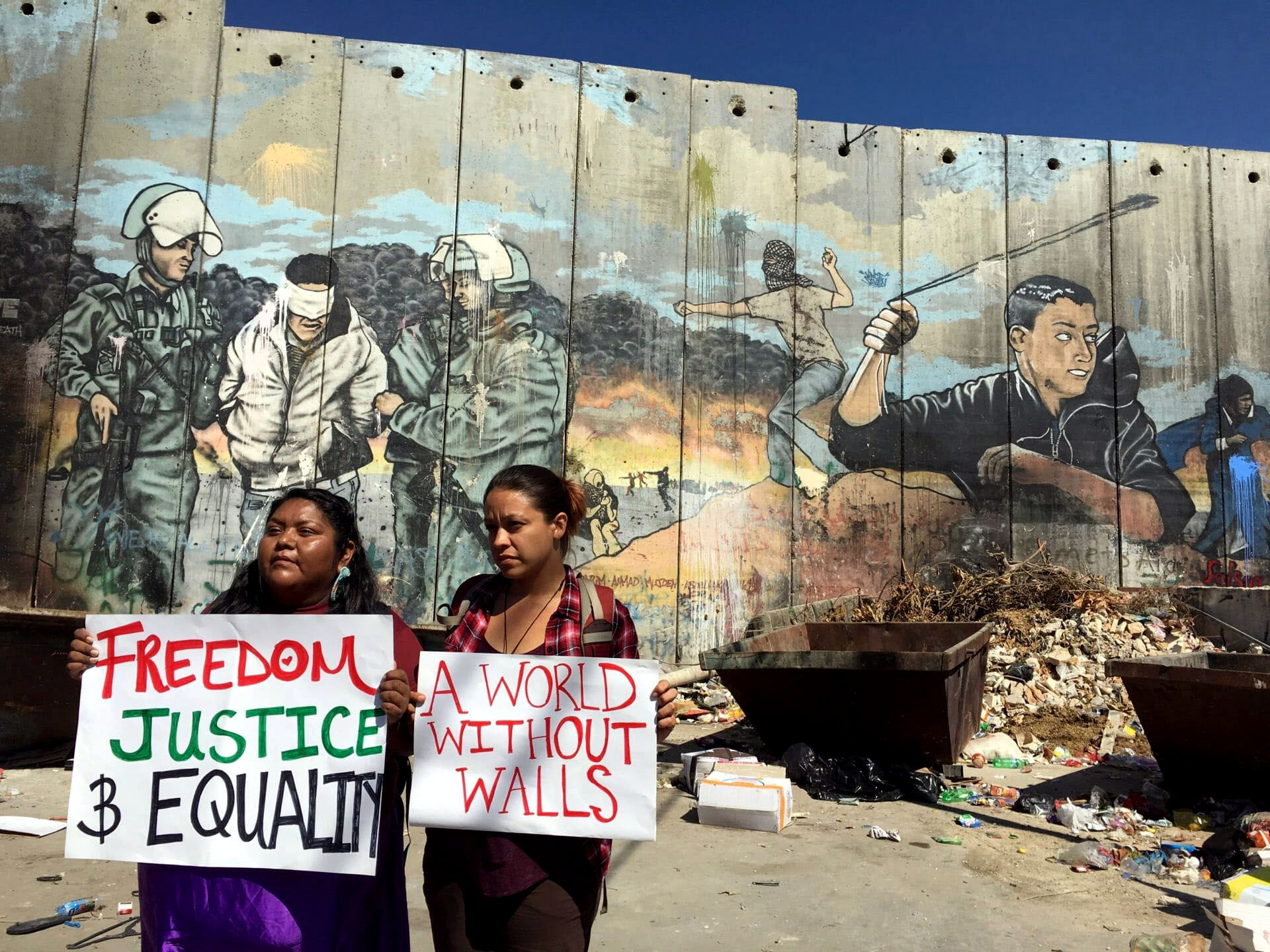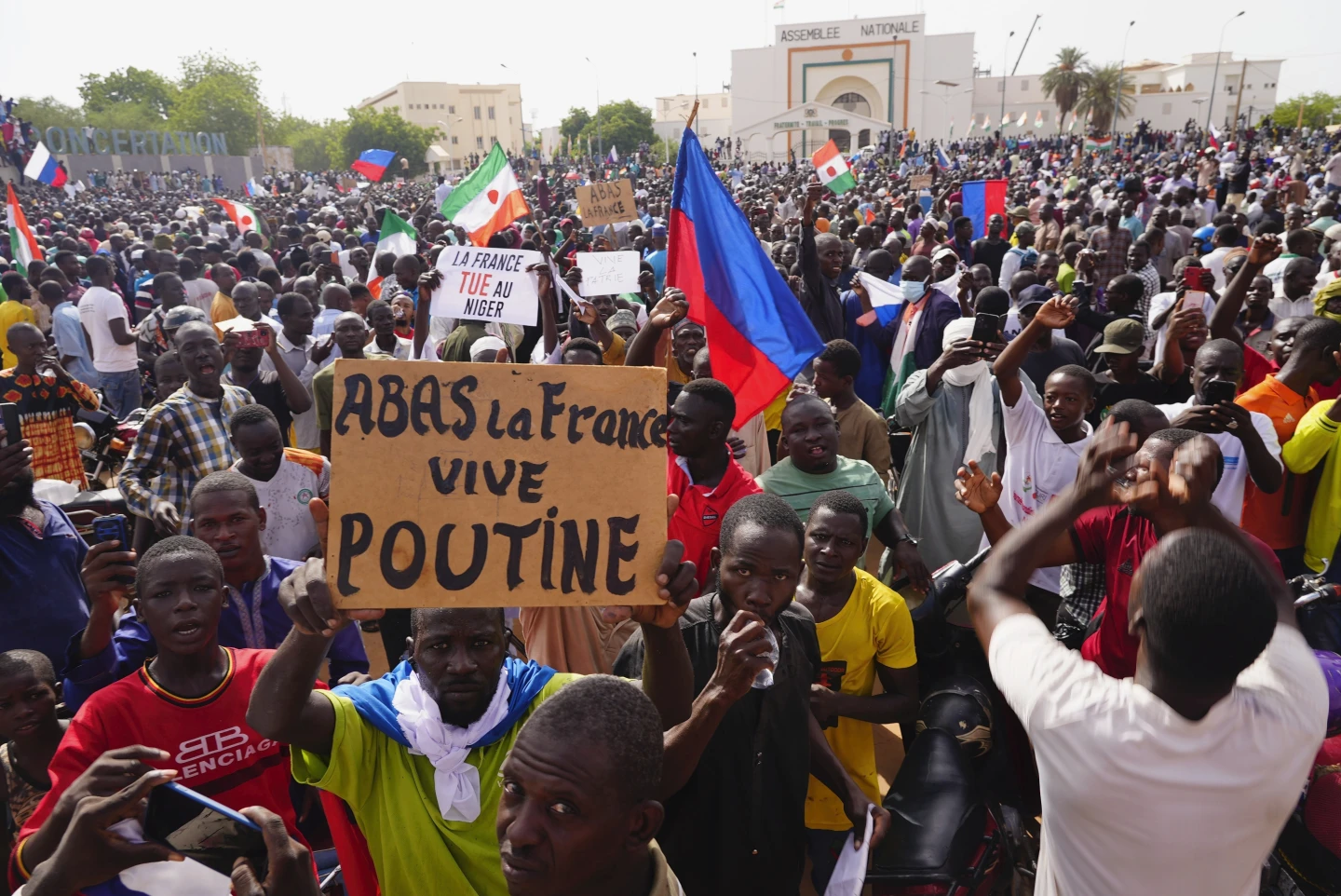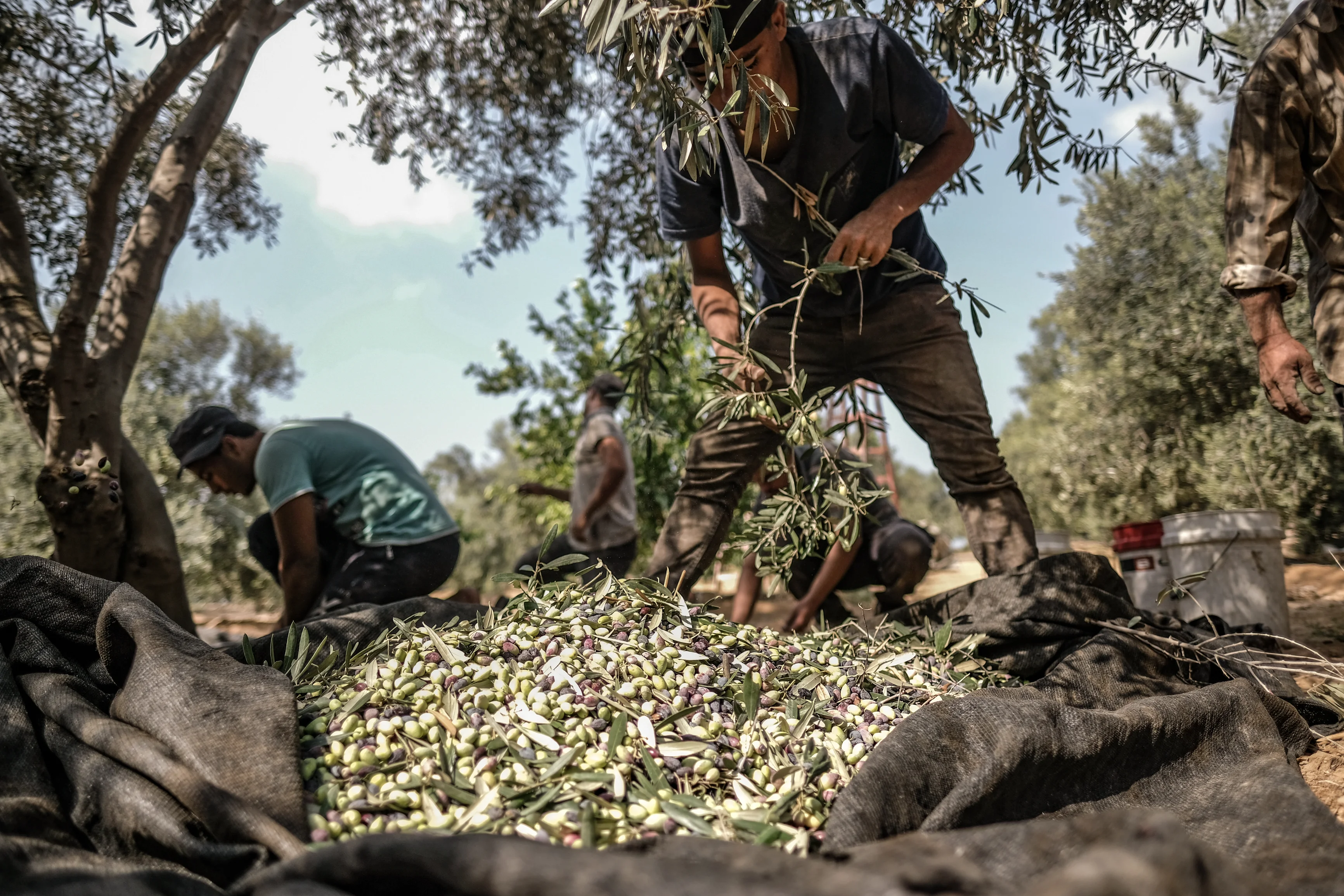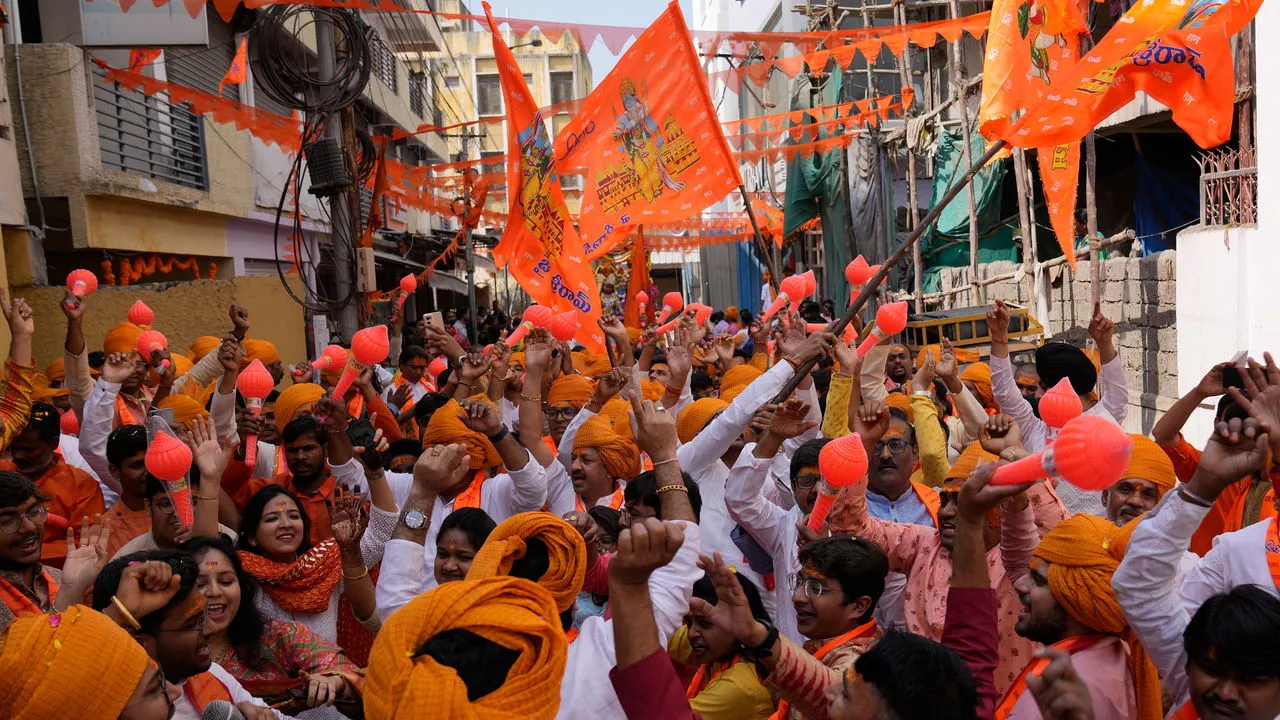An Interview With Peter Beinart
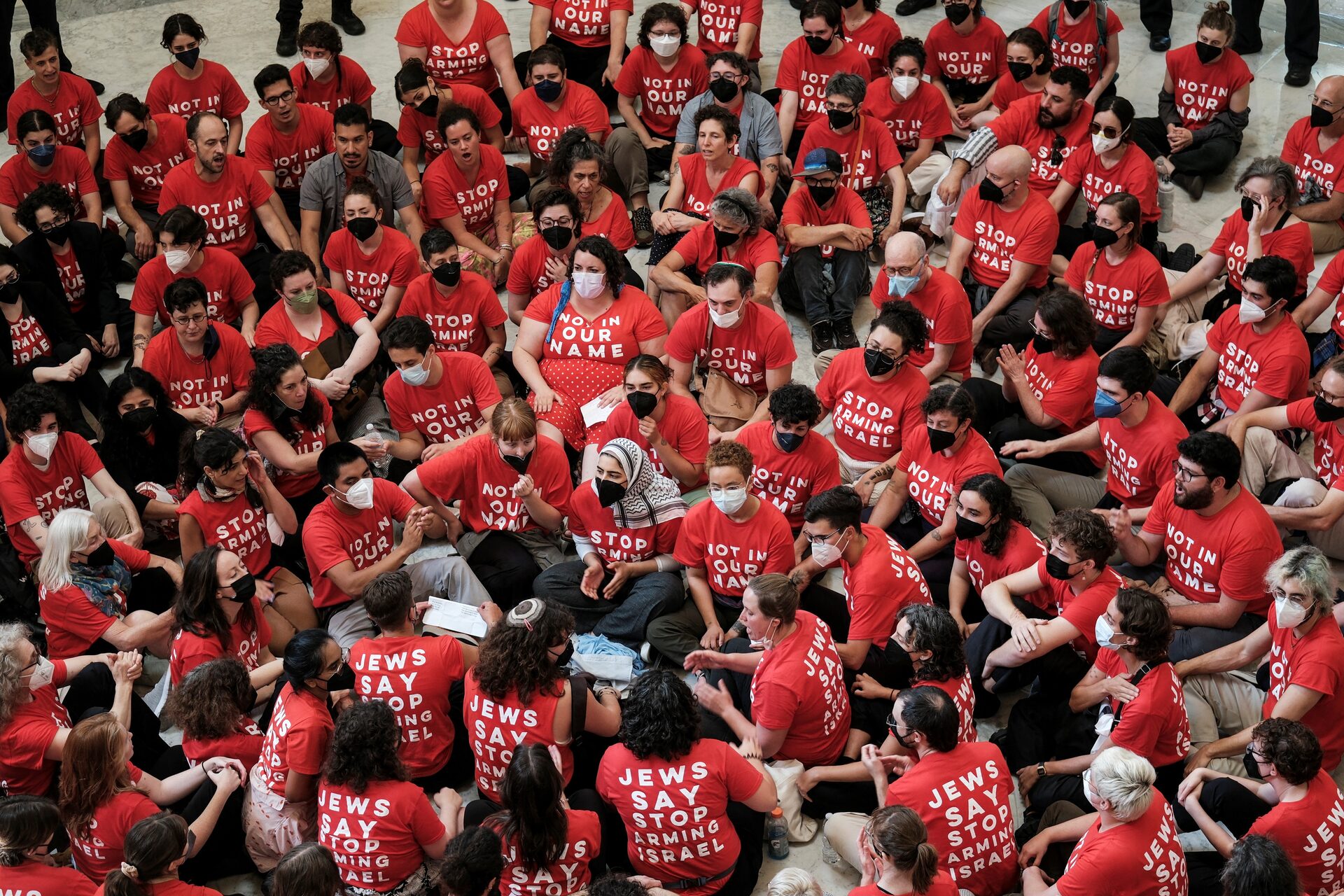
Peter Beinart is a professor of journalism and political science at The Newmark School of Journalism at the City University of New York. He is also editor-at-large of Jewish Currents, a contributing opinion writer at The New York Times, an MSNBC political commentator, and a non-resident fellow at the Foundation for Middle East Peace. His newest book, Being Jewish After the Destruction of Gaza, was published on Jan. 28. This interview has been edited for length and clarity.
In Being Jewish After the Destruction of Gaza, you recount your move away from the Zionism steeped into your childhood. You write of experiences speaking with Palestinians in the West Bank and sharing Shabbat dinners in South Africa. What parallels do you see between Apartheid South Africa and Israel today?
There are important differences between Israel and Apartheid South Africa. In some ways, the Apartheid regime in South Africa was more vulnerable because it relied much more on Black labor than Israel does Palestinian labor; Black labor unions were able to play a powerful role in the anti-Apartheid struggle in South Africa in a way that doesn’t have an analog in Israel. At the most fundamental level, though, these were both systems of legal supremacy of one group over another. In South Africa, supremacy based on race; in Israel, supremacy based on ethnicity and religion.
Mainstream Jewish discussion tends to hold that if this system of Jewish supremacy goes away, Jews would be in grave peril. We often think of this fear as the product of traumatic history, which does contribute to it. But if you look at other supremacist political systems, it’s very common for people who become accustomed to a form of legal supremacy to equate the prospect of equality with their own death, or at least their own oppression.
I tell the story of South Africa to help Jews think about how similar fears were generally not realized in other places, and to make the case that systems which provide equality under the law actually lead to less violence for everybody.
You write about how Zionism doesn’t just endanger Palestinians, but also Jews. There’s a significant distinction between how Zionism impacts Jews and the far greater ways it impacts Palestinians. How can we discuss the many ways Zionism is harmful without centering Jewish identity?
The movement necessary to bring about collective liberation, equality, and historical justice for Palestinians — and the liberation of Jews in Israel from being oppressors — will require a shift in Jewish communities around the world. This movement will require people of all different backgrounds; of course, Palestinians will be at its center.
What do you mean by “liberation from being oppressors”? In what ways does Zionism oppress?
Support for a state that gives Jews superior rights to Palestinians is almost always framed as a necessity for Jewish safety. And yet, in reality, Israel is a less safe place for Jews than other large diaspora communities. A big reason for this is that Israel is just a more violent place for everybody, because systems of oppression impose tremendous violence.
The brunt of this violence is borne by Palestinians, but these systems of violence also produce retaliatory violence that threatens Israeli Jews, and never more so than on October 7.
One of the points I try to make in my book is that transitions to systems of greater legal equality tend to bring greater peace, even in very divided societies. I think Israeli Jews will be safer under conditions of legal equality, just like I think white South Africans are safer than they would have been had Apartheid continued. But I also think that there is a less tangible burden — the sense of fear one always carries around, fear of a group one has dehumanized into faceless mass that wants to destroy and kill. If you read white Southerners writing after the civil rights movement, or Protestants in Northern Ireland, or even some white South Africans, they all talk about a sense of laying down a burden they were always carrying.
It’s hard to recognize as you’re carrying it — it’s all around you, it’s the air that you breathe. But often, in retrospect, people can actually recognize shedding this fear as a kind of liberation.
Over the past 16 months, we’ve seen near-weekly strikes and protests against the Netanyahu administration. Do you see the anti-war movement in Israel — and the Israeli left more broadly — as being in true solidarity with Palestinians and their struggle for liberation? How do you distinguish from solidarity built on self-interest and that built on radical, expansive empathy? How do we get from the former to the latter?
There are many Jews in Israel who have real, profound hostility towards Benjamin Netanyahu, but in many cases, it doesn’t necessarily translate into support for Palestinian freedom.
Since October 7, you have protesters who want a ceasefire agreement because they want to bring the hostages home, very legitimately. But generally, that has not translated into arguing also that the war is wrong because of what it’s done to Palestinians. There have been groups that bring Palestinians and Israeli Jews together that have made that connection and have focused on the impact of the destruction of Gaza on Palestinians. But unfortunately, given the reality of Israeli politics, those voices have been pretty marginal in Israeli politics. And I think they will remain marginal in Israeli politics as long as Palestinian citizens, who are 20 percent of the population, remain politically marginal.
I read a great interview with Rashid Khalidi where he was asked what he would tell Israeli Jews — what are they not understanding? How do you tell a group of people that the way to be safer, the way to be Jewish, even, is to advocate for the dismantling of the state you live in?
Systems of oppression don’t end simply because people wake up one morning and change their mind. What happens is that these systems of oppression stop being effective; they run into resistance that means that the cost of maintaining them becomes higher. And then you have certain people in elite positions who realize they may have to look for a Plan B. We’re nowhere near that point when it comes to Israel.
Persuasion, unfortunately, is generally not enough. There also has to be pressure — not violent pressure, but pressure that raises the costs of oppressive systems. You want to challenge people morally, in a way that combines pressure with the possibility of imagining a different future.
Iconic figures like Martin Luther King or Nelson Mandela paired this pressure with a kind of vision. Most white Southerners and most white South Africans did not embrace it, but it remained there for people when the cost became higher, and some people were then able to think about it. King and Mandela were both, in their way, very deep students of the political culture of the societies they were trying to change. Mandela spent a lot of time trying to understand Afrikaaners and their particular story and narrative.
I think all of us need to think about how we can try to tell stories that will respond to the fears that Israeli Jews have, but also try to help them imagine that those fears don’t need to be answered through a system of brutal violence. Because that violence ultimately makes one more afraid.
What role can American Jews play in the movement for Palestinian liberation? How can we disrupt the narrative that Israel is one of our greatest allies and the only safe place for Jews in the world?
American Jews can begin by interacting with Palestinians in conditions of relative equality. If Jewish institutions regularly invited Palestinian speakers, screened Palestinian films, or assigned Palestinian books, that in and of itself would have a pretty significant effect. There’s so much Palestinian dehumanization that exists, kind of unconsciously — it’s the air people breathe —that it’s almost the norm to hear Palestinians talked about but not listened to.
In the Republican Party, there is a strong base of white evangelical Christians who, irrespective of Jews, want to support Israel unconditionally for ideological reasons. But in the Democratic Party, we now have a really clear divide between the party base, which doesn’t support unconditional aid to Israel, and Democratic politicians, most of whom still do. The American Jewish community and organized Jewish institutions like AIPAC play an important role in allowing this divide to continue in the Democratic Party. Challenging those institutions and creating alternatives gives more opportunity for public opinion to actually influence Democratic politicians.
Given that this issue is about solidarity, is there a question you think I should have asked or a particular answer you want to give?
If there’s a group of people suffering or being oppressed and one wants to be in solidarity with them, one needs to listen to them. In the case of Palestinians, who still significantly lack what Edward Said called the “permission to narrate,” listening is crucial because Palestinian voices are so often marginalized and even silenced.
Questions of solidarity become more complicated when one realizes that members of an oppressed group don’t always all agree. Palestinians do generally agree that the State of Israel is oppressing them, but how they want to fight against that oppression can differ. Different people have different strategies. Every individual still has the obligation to listen, but also retains the right to come to their own conclusions.
To me, part of the challenge of being a Jew who wants to be in solidarity with the Palestinian struggle is the challenge of listening carefully to Palestinians, but also recognizing that listening to Palestinians doesn’t answer all of the questions that one might need to answer, because different Palestinians have different perspectives. And because Jews have a right to think for ourselves about what we believe. I think it’s in that conversation that effective bonds of solidarity can be built.
